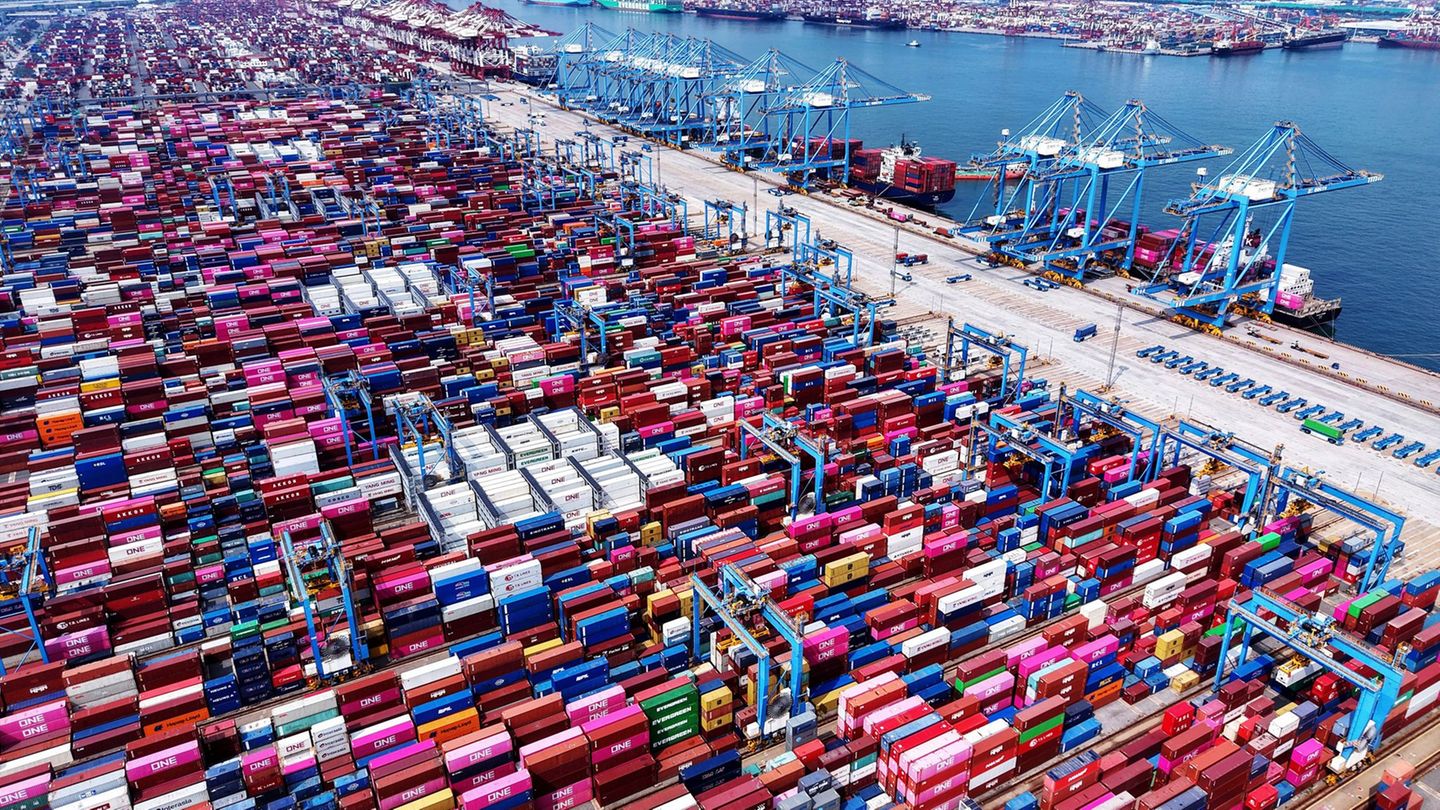The change to digital work is becoming the central economic policy issue. 150 years after it was founded, Continental wants to bring its own experience to bear – and has expectations of politics.
The company management also wants to see the far-reaching restructuring towards software and electronics at Continental as an incentive to alleviate fear of contact with digital forms of work.
“The following applies to society as a whole: You have to accompany people,” said HR Director Ariane Reinhart on the occasion of the 150th anniversary of the automotive supplier. Transformation always means big changes in the familiar and brings risks for old jobs – but it has to be seen more often as a departure.
It is a task of politics to emphasize this more clearly, said the manager, also with a view to the exploratory talks to form a new government coalition in the federal government. «The signal should be: We want to take you all with us. It’s about building trust and reducing fears. ” As soon as positive effects become more tangible, the need for digitization will also become clearer. “We are very aware of the opportunities that new technologies offer without having to forget your roots,” said Reinhart.
The Dax group from Hanover is going through a fundamental realignment, which has met with criticism from a number of employees as well as trade unionists and some politicians. Up to 30,000 jobs worldwide are to be “changed” in the current decade, as the management puts it. This includes relocations and deletions. At the same time, however, large training programs are being launched.
“Digitization is also a trailblazer for sustainability,” said Reinhart. “That is why we would like from politics: Let us draw up a common roadmap and adopt our experience from companies, from the social partners and from academia.” To this end, “work packages that can be compared every six months” could be formed. Continental proposes that the government host a “transformation summit” in early 2022.
CEO Nikolai Setzer told the German Press Agency that Berlin is expected to be reliable and predictable, especially in energy, trade and labor market policy. In addition to its complementary business in mechanical engineering, Conti itself will remain primarily a mobility company in the digital and electrical era.
“We have been shaping and shaping this area for 150 years,” said Setzer on the anniversary. “At first with rubber products for horses, then there were coach coatings, bicycles, cars, and now software. Mobility is and will remain the core of what we do. ” Conti plans to move into its new headquarters in Hanover in the second quarter of 2022.
The head of the business with driver assistance systems, Frank Petznick, said that Germany needs a well-equipped digital infrastructure in order to be able to develop offers such as autonomous driving for complex situations in inner-city traffic. This will be “just as important” as the technology in the cars themselves. “I think politics has now recognized that we also need new guard rails here in order to take the next steps.”
Jane Stock is a technology author, who has written for 24 Hours World. She writes about the latest in technology news and trends, and is always on the lookout for new and innovative ways to improve his audience’s experience.




